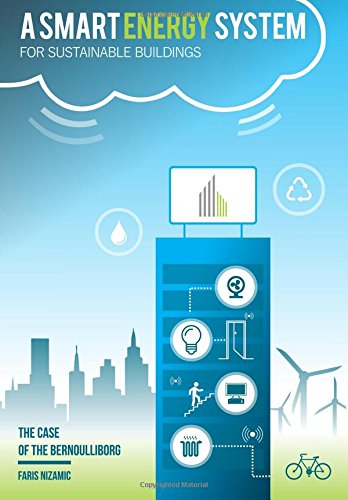Today’s buildings are responsible for more than 40% of the world’s total energy consumption. Current systems that manage equipment in buildings fail to reduce unnecessary energy consumption while at the same time maintaining the comfort of those using the buildings. This is usually because the existing systems cannot cope with the changes caused by interactions between people and the building environment. Furthermore, people using buildings are not suffi ciently aware of how much buildings consume and of what concrete actions could help to reduce this consumption. Moreover, current building management systems do not take into account feedback from building users and
their preferences regarding the conditions in their working environment. We designed and implemented a smart energy system to overcome these gaps.
Our system took into account the behavior of building users so as to provide automated control of energy consumption and other processes within an actual building. With this system we also provided user dashboards to serve as a means of communication between the building and its users. In addition to reducing energy consumption we also introduced related optimizations such as reduction of water consumption and improvement of waste management, using the same system principles. We installed a prototype of this system in a modern university building, the Bernoulliborg, to show how such a system is realizable in actual working offi ce space. This building served as the evaluation platform for our research.










